Oat Seed Oil Refined
$9.89 – $36.27 (Incl. GST)
Ingredients: Avena Sativa Kernel Oil (Oat Seed Oil)
INCI: Avena Sativa Seed Oil
Botanical Name: Avena Sativa
Country of Origin: Europe
Extraction Method: Cold pressed and solvent extracted (Hexane), refined and gently filtered to remove impurities.
Plant part: Seeds
Type of agriculture: Conventional
Features: Brimming with nourishing fatty acids, vitamins, and antioxidants, this luxurious oil deeply rejuvenates your skin, locking in moisture for a radiant, supple complexion. Its soothing properties cater to sensitive skin, while its anti-ageing elixir fights the appearance of fine lines and wrinkles
Properties/Benefits: Packed with essential fatty acids, including omega-3, omega-6, and omega-9, it nourishes and fortifies the skin’s barrier, preventing moisture loss and promoting a supple complexion. Its glycolipid and Vitamin E content provide deep hydration and potent antioxidant protection, combating free radicals and supporting skin repair. The refined state of the oil ensures stability in formulations, preserving its pristine quality without impacting aroma and colour. This luxurious oil also boasts a wealth of ceramides, which enhance moisture retention and promote a plump, youthful appearance.
Specifications:
- Linoleic acid: 39% to 43%
- Oleic acid: 38% to 42%
- Alpha-Linolenic acid: 1% to 2%
- Palmitic acid: 14% to 17%
- Stearic acid: 1% to 1.9%
Appearance: Clear, yellow to brown mobile liquid
Texture: Oat Seed Refined Oil is typically known for its lightweight and non-greasy texture. When applied to the skin, it absorbs easily and quickly, leaving a smooth and velvety feel. This texture makes it comfortable to use in various cosmetic applications, as it does not leave a heavy or sticky residue on the skin’s surface.
Common Uses:
- Moisturisers
- Facial serums
- Face oils
- Hair conditioners
- Body lotions
- Body oils and balms
- Sensitive skin products
- Anti-ageing products
Did you know? Oat plants are wind pollinated. This means that the pollen is carried by the wind from one plant to another. They are also used as bioindicator for environmental pollution. Oats are sensitive to various environmental pollutants, such as heavy metals and air pollutants. When exposed to contaminated soil or air, oat plants can show visible signs of stress or damage, making them valuable indicators of environmental health and air quality in certain regions. While some oil can be extracted from oat seeds, the oil content is relatively low compared to traditional oilseed crops like sunflower or soybeans. On average, the oil content in oat seeds ranges from 3% to 5% by weight. This means that for every 100 kilograms of oat seeds, you can expect to obtain approximately 3 to 5 kilograms of oil.
Suggested Storage: Store at <20°C in closed containers and protected from direct sunlight
100% true to the botanical name, GMO free, Non-Radiated, Preservative Free, Vegan Friendly
| Weight | N/A |
|---|---|
| Sizes | Oat Oil Lipid -100ml, Oat Oil Lipid -25ml, Oat Oil Lipid -50ml, Oat Oil Refined – 1 Litre, Oat Oil Refined – 100ml, Oat Oil Refined – 500ml |
Only logged in customers who have purchased this product may leave a review.

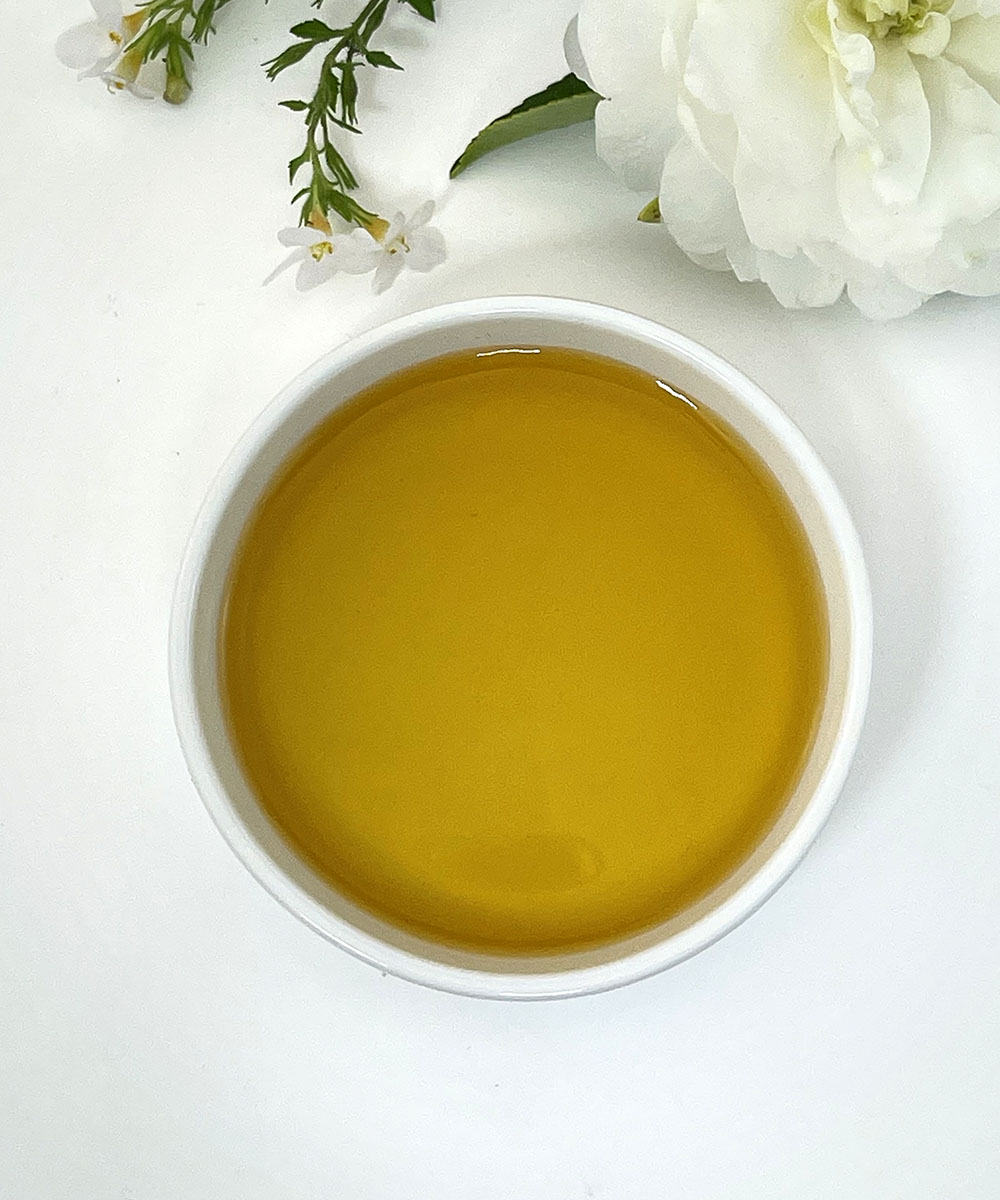
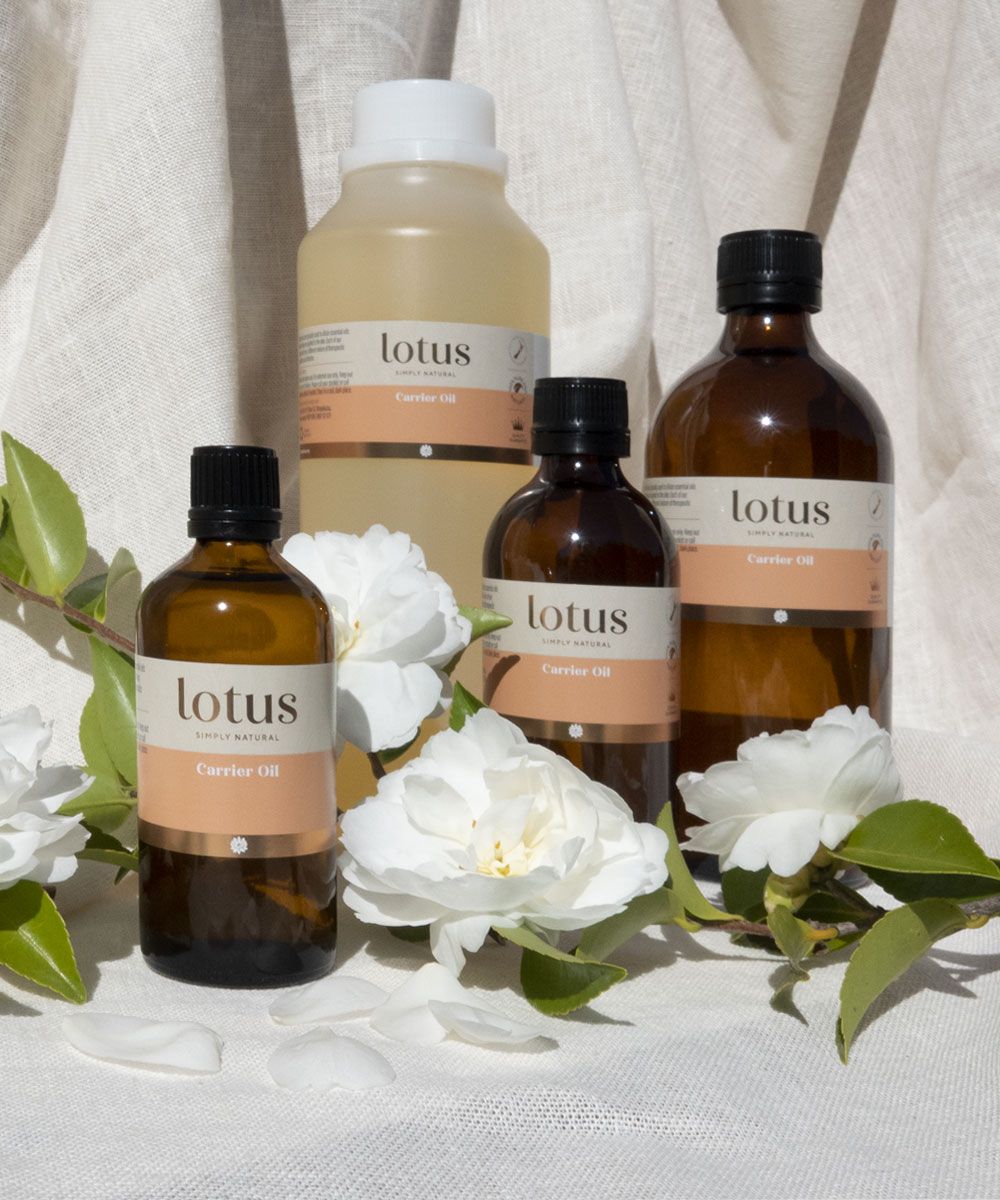
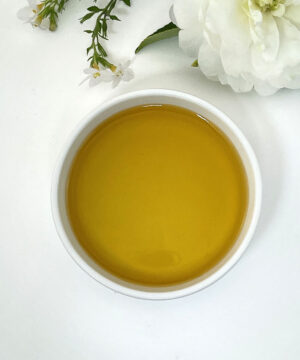

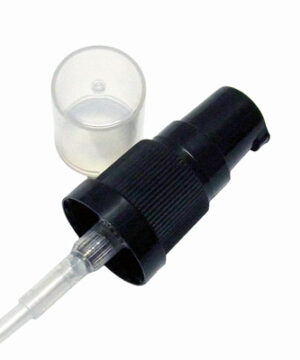
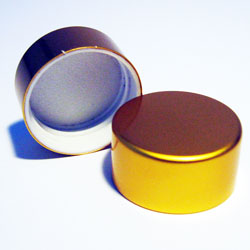
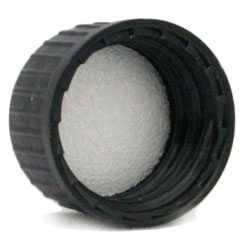
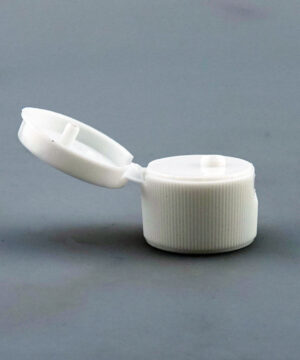
Reviews
There are no reviews yet.